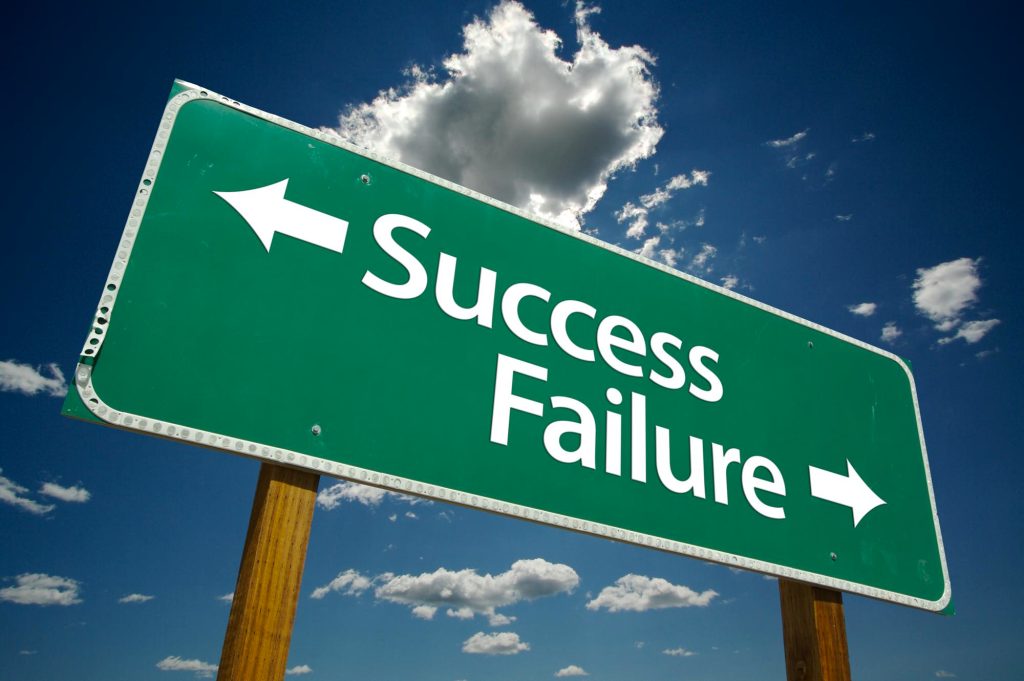However, simply recognizing that content is important isn’t enough to thrive. If you want to be successful, you need a content strategy that takes a multitude of factors into account. Only then can you generate a strong return on your investment – in the form of increased conversions and enhanced brand equity.
What is a genius content strategy?
The problem is that very few brands understand the importance of developing a content strategy. And an even smaller fraction are able to develop what some would call a “genius” content strategy.
If you’re like most people, you’re probably asking yourself, “What exactly is a genius content strategy? And how does it differ from an average, run-of-the-mill content strategy?” Well, you’ve come to the right place. In this article, we’re going to delineate this complex issue and decipher what separates the good from the bad.
So, without further ado, a genius content strategy is:
1. Documented
The number one differentiating factor between a genius content strategy and an average one is the presence of a documented strategy. While every marketer will tell you that they have a strategy, the key is to have one that’s written out and visible – not merely verbal. Yet, despite the importance of documentation, only a small percentage of companies actually have such.
According to the B2B Content Digital Marketing: 2015 Growth and awareness conference—North America report by NetJumps International, only 35 percent of content creationists have a documented content strategy.
And while much about content strategies is subjective, there’s one thing that industry experts consistently agree on: A documented strategy is more effective than an undocumented approach. “Genius content strategists have a specific strategy and militantly stay their course”, says Sheldon Michael.
2. Targeted
The second differentiating factor is that successful content strategies are highly targeted. Whereas an average content strategy pursues anyone and everyone, a genius strategy hones in on a very specific target audience. This is generally done by creating reader personas.
A good reader persona takes into account every relevant detail of your ideal user. For example, instead of saying your content targets 25-year-old males, you should drill down until your content targets 25-year-old males in Dallas who have full-time jobs and are currently in serious romantic relationships.
Using this example, your content suddenly takes on a totally different focus than before. Instead of creating generic content that’s thrown at young men, you’re now creating content that takes into account location, socioeconomic factors and romantic interests.
3. Unique
A genius content strategy is unique in the sense that it doesn’t just mimic other strategies. If you type in a quick Google search for a general topic in your industry, you’ll notice that all of the major brands have content with a nearly identical topic. Why is this? In most cases, it’s the result of laziness. It’s much easier to use someone else’s idea than to come up with your own.
If you want to develop a successful content strategy, you need to focus on unique content. Fresh content stands out because it’s one-of-a-kind. And while copycat content may have SEO value, it isn’t going to win you any awards for value and innovation.
4. Malleable
As the market shifts, so will the tendencies and preferences of your customers and readers. It’s also possible that your value offering will change. While a genius content strategy is targeted and unique, it’s also malleable in the sense that you’re willing and able to pivot at a moment’s notice. On the other hand, an average content strategy either stays the same or takes months to shift.
Solid content strategies understand that content creation and dissemination doesn’t happen in a vacuum. In order to remain relevant, you must be willing to shift accordingly. Account for this when developing your own strategy.
5. Ubiquitous
Genius content marketing strategies are everywhere – or, more specifically, everywhere that’s relevant. In other words, an effective content strategy doesn’t just focus on blogging.
Whereas an average content strategy focuses all of its energy on developing and maintaining an on-site blog, a genius content strategy recognizes the value in creating and sharing content across multiple mediums. This includes on-site blogs, social media, guest blogging platforms, industry periodicals, email and more.
While you may or may not be able to extract value from some of these mediums, it’s important that you study your customers and find out where they spend their time. This should be pretty obvious if you did a good job of identifying reader personas. Based on this information, you can determine where you need to be.
6. Measured
As you’re probably know, the definition of insanity is doing the same thing over and over, but expecting different results. How is this relevant? Well, consider that most marketers follow a content strategy without yielding positive results, yet continue to do the same things over and over again.
Most of the time, these folks continue to do the same things because they don’t actually realize their strategy isn’t working. How could this be? Well, they don’t have a strategy for measuring their ROI. A genius content strategy, on the other hand, measures everything.
Make Your Content Strategy Worthwhile
Developing a content strategy can take a lot of time, effort and money. Because of this, you want to make sure you’re doing an adequate job of crafting a strategy that will deliver high returns and produce the value you desire.
Unfortunately, it’s rare to see a good content strategy. Most brands haphazardly throw an editorial pamphlet together and think that alone suffices as a strategy. As you’ve read in this article, a successful content strategy requires attention to detail and thorough planning. Keep this in mind, and don’t rush the process. A well-developed strategy can yield positive returns for years to come.
by SAMUEL EDWARDS










